CPAC Files Complaints Against Former SEC Official for Unethical Behavior
- Staff Writer

- May 28, 2024
- 4 min read

Last week, Director of the CPAC Foundation Center for Regulatory Freedom Andrew Langer submitted complaints of unethical professional behavior to the New York and California Bar Associations about former Securities and Exchange Commission official William Hinman.
Evidence indicates that Hinman, former Director of SEC's Division of Corporation Finance, had a conflict of interest while working at the SEC and actively sought to gain from it, using his influence to benefit his previous employer.
Langer’s complaints express this to the California and New York Bar Associations, asking for investigations into Hinman’s behavior.
Read Langer's complaint from May 23, 2024:
The CPAC Foundation is a non-profit, 501C(3) research and education organization focused on, among other areas, the accountability of government officials in terms of ethically discharging their professional responsibilities. Today, our organization is reaching out as we believe certain public statements and actions of California attorney William Harold Hinman, CA Bar No. 104095 (inactive) since at least Summer 2017 and continuing to this day may violate the California State Bar Association’s Rules of Professional Conduct.
Mr. Hinman left his position as a partner at Simpson Thacher & Bartlett (“STB”), to join the Securities and Exchange Commission as the Director of the Division of Corporate Finance. See William Hinman Named Director of Division of Corporation Finance, U.S. SECS. & EXCH. COMM’N (May 9, 2017), available at https://www.sec.gov/news/press-release/2017-97. On June 14, 2018, while Mr. Hinman was at the SEC, he gave a now well-recognized speech in which he laid out the elements that he believed made a digital asset a security subject to the SEC’s oversight. In that speech, Mr. Hinman stated, “based on my understanding of the present state of Ether, the Ethereum network and its decentralized structure, current offers and sales of Ether are not securities transactions.” Speech, Digital Asset Transactions: When Howey Met Gary (Plastic), U.S. SECS. & EXCH.COMM’N (June 14, 2018), https://www.sec.gov/news/speech/speech-hinman061418.
Around the same time Mr. Hinman gave that speech, his former firm, STB, joined the Enterprise Ethereum Alliance (“EEA”). See Enterprise Ethereum Alliance Newsletter (July 2018), available at https://entethalliance.org/wp-content/uploads/2018/08/EEA_July_Newsletter.pdf. The EEA’s “objective is to drive the use of Enterprise Ethereum”. Enterprise Ethereum Alliance (last accessed April 12, 2024), available at https://entethalliance.org/about-enterprise-ethereum-alliance/. This objective is much more easily achieved if the top U.S. regulator deems Ether to not be a security.
It became particularly suspicious as the remarks from Mr. Hinman in SEC intraoffice emails were only made public through an extraordinarily drawn-out and unnecessarily contentious discover process in the SEC’s years-long litigation against global payments company Ripple Labs. Those communications exposed that Mr. Hinman was particularly interested in input from Ethereum Foundation’s Vitalik Buterin before giving his speech, despite having already reached the conclusion that Ether would not be a security under his rubric. See, Exhibits 210 (ECF 831-69) and 211 (ECF 831-70) to Declaration of Erol Gulay in Support of Defendants’ Opposition to Plaintiff’s Motion for Summary Judgment, SEC v. Ripple Labs Inc., et al, Case No. 20-cv-10832, ECF 831 (filed June 13, 2023).
Further questions about Mr. Hinman’s potential conflicts of interest are raised by emails between himself and SEC Ethics Counsel Shira Pavis Minton at the beginning of his tenure that were only revealed through a FOIA request submitted by my organization, Empower Oversight, attached to this complaint and available as archived April 3, 2024, at https://tinyurl.com/ychpm62h. Mr. Hinman maintained a direct financial interest in STB’s financial performance via the firm’s partnership agreement and maintained conversations with his former business partners at the firm while in office. Empower Oversight has requested an investigation of these matters, as well as other apparent ethics issues at the Commission during Mr. Hinman’s tenure. See, CONFIRMED: SEC Inspector General in “Final Stages” of Investigation on Crypto Conflicts Referred by Empower Oversight, EMPOWER OVERSIGHT (Feb. 15, 2024), https://empowr.us/confirmed-sec-inspectorgeneral-in-final-stages-of-investigation-on-crypto-conflicts-referred-by-empower-oversight/.
Mr. Hinman left the SEC in 2020 and returned to STB, which was still a member of the EEA, and continued to be through at least May 18, 2022. See William H. Hinman, SIMPSON THACHER (last accessed April 12, 2024), available at https://www.stblaw.com/our-team/search/william-hhinman; EEA Members, ENTERPRISE ETHEREUM ALLIANCE (as archived May 18, 2022), available at https://web.archive.org/web/20220518155436/https://entethalliance.org/eea-members/.
Not long after Mr. Hinman resumed his position at STB, Silicon Valley venture capital firm Andreessen Horowitz announced that it had also hired Mr. Hinman as an “advisory partner” for its cryptocurrency team. See Chris Dixon, et al., Crypto Fund III, A16ZCRYPTO (June 24, 2021), available at https://a16zcrypto.com/posts/article/crypto-fund-iii/. As an advisor to that firm, Mr. Hinman “provide[s] valuable insights to [Andreessen Horowitz] and [their] portfolio companies as well as play[s] a key role in shaping the future regulatory environment.” Bill Hinman, A16ZCRYPTO (last accessed April 12, 2024), available at https://a16zcrypto.com/team/bill-hinman/.
These statements only add to the appearance of impropriety, suggesting to Andreessen Horowitz’s current and potential portfolio companies that Mr. Hinman has the ability to influence the SEC and provide a safe harbor like the one he gave to Ethereum during his time in a role funded by taxpayers.
Without answers from the SEC Inspector General, the public sees only that Mr. Hinman was eager to help Ethereum, which seems to have benefited his former and current firm in which he appears to have maintained a degree of financial interest during the relevant period. This clear appearance of impropriety undermines the public’s trust in the rule of law and can only be rectified with a proper investigation by a body that has the ability to hold Mr. Hinman accountable for any potential ethical violations he may have committed.
For these reasons and pending even further evidence, we are compelled to submit this complaint to the attention of the Bar for its consideration.








.png)




_gif.gif)